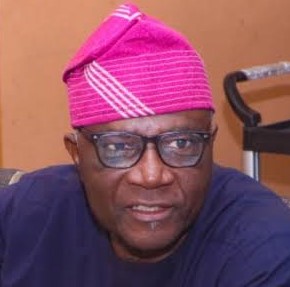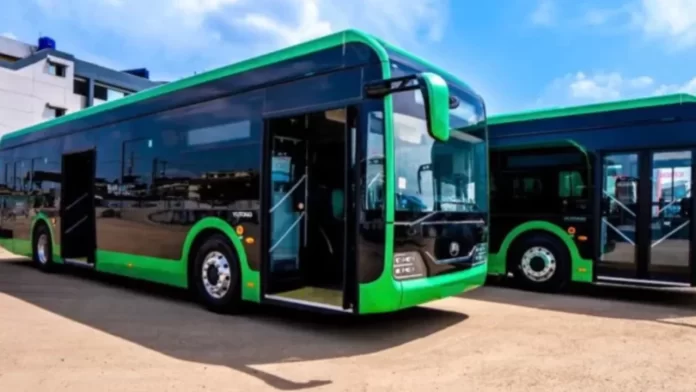The Malaysian government’s decision to phase out natural gas-powered vehicles by July 2025 has created intense reactions in Nigeria, particularly given Nigeria’s ongoing push to promote Compressed Natural Gas (CNG) as a safer and more cost-effective alternative to petrol.
Malaysian Transport Minister Anthony Loke cited safety concerns due to aging CNG tanks nearing the end of their lifespan, sa, “These NGV tanks have a safe usage lifespan of approximately 15 years, and if they are not replaced, they become unsafe to use and may fail at any time“.
The phase-out will impact 44,383 active NGV vehicles in Malaysia, comprising taxis, private cars, buses, and machinery. These vehicles account for 0.2% of the nation’s registered motor vehicles.
In contrast, Nigerian President Bola Tinubu has been promoting CNG vehicles through the Presidential Compressed Natural Gas initiative, which are said to have already converted over 100,000 vehicles to CNG or bi-fuel configurations.
Govt Insists On Policy
However, Nigerians have CNG safety concerns following recent explosions involving converted vehicles. Many have taken to social media to question the wisdom of adopting CNG vehicles, citing Malaysia’s decision to phase them out.

Ini Ekott tweeted, “Meanwhile, Nigerian rulers are putting CNG forward as a safe alternative to petrol. Note the clear-headed and tangible provisions made by the Malaysian government to help citizens with the transition“.
Others, like #Otunbakush1, commented, “And here is Nigeria saying people should convert to CNG… Death Race.” #PaschalNwosu5 added, “Malaysia introduced CNG in the 1990s; now they are stopping it in 2024, while Bola and his supporters are asking Nigerians to change to CNG“.
President Tinubu’s spokesman, Bayo Onanuga, defended the government’s transition to CNG, clarifying that Malaysia’s concerns relate to LPG safety, not CNG. Onanuga noted that Nigeria has adopted CNG only, excluding LPG, due to valid safety and cost issues.
Onanuga further claimed that Malaysia’s transition from petrol and diesel was largely unsuccessful, with only 0.2% of vehicles converted in 15 years. He said Nigeria’s progress in developing tank manufacturing capacity, unlike Malaysia, is the game-changer.
The debate about energy transition in Nigeria continues, with some advocating a shift towards renewable energy sources like solar and hydropower.
Comment, Like 👍, share this article, and Follow us on our social media handles.







